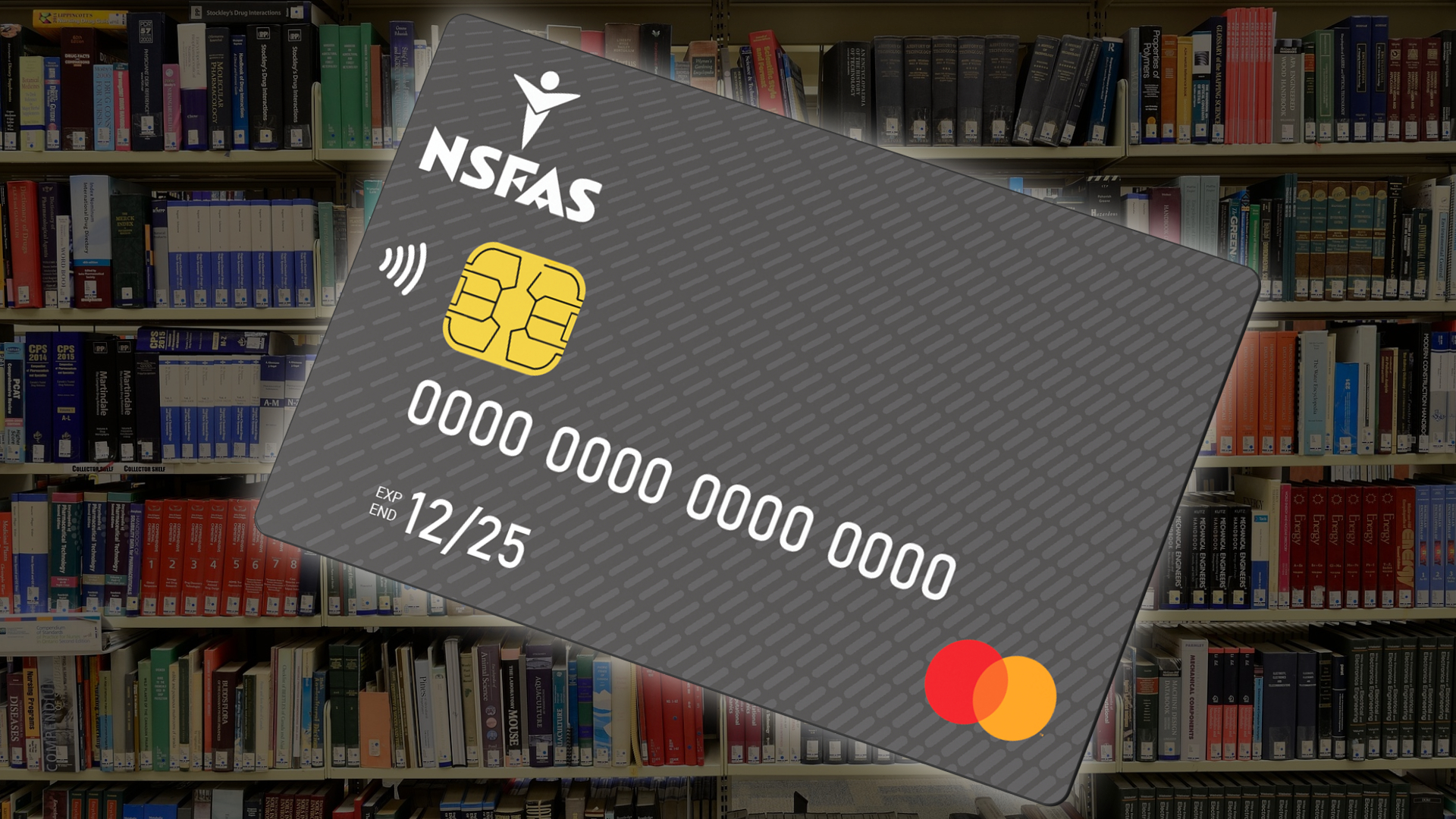- University students are alleging that they are seeing exorbitantly high banking fees associated with the new NSFAS bank accounts and cards.
- All NSFAS beneficiaries, who only receive around R15 000 per year to survive, are to receive their allowances through these accounts as of 1st July 2023.
- Various student bodies and political parties have reacted with concern and anger.
A week after the National Student Financial Aid Scheme (NSFAS) began funding beneficiaries through its new bank accounts and cards, students are flocking to social media to report on the many problems they are having with the new system.
Among complaints, the primary issue some beneficiaries are having with the new NSFAS bank accounts includes perceived exorbitant banking fees from the payment-facilitating partners that the scheme has onboarded.
These fees were never explicitly mentioned by NSFAS communications. Neither from its official website nor its Twitter account. Something that could have been important for people who live in a vulnerable financial situation, as many NSFAS students do.
Instead NSFAS mostly played up all the benefits the bank accounts brought to students, including the ability to make online payments and use ‘Tap to Pay’ at the till.
Beneficiaries at different universities across the country will have to sign up using four different payment partners to access the funding in their bank accounts.
These include fintech firms eZaga, Coinvest, Norraco and Tenetech. Specific universities use specific partners. For example, NSFAS beneficiaries at the University of Johannesburg will have to sign up with Norraco while Rhodes University students will use Coinvest.
Some beneficiaries are posting alleged screenshots of their respective banking apps. In one, Coinvest’s NSFAS bank fees are allegedly detailed.
This shows a monthly fee of R65, a R50 card activation fee, a R12 + 1.5 percent fee for every ATM cash withdrawal, among other costs.
Can the new leadership please intervene on our behalf as the youth of this country currently in universities and for future students 🙏. #NSFAS and @DrBladeNzimande just pulled this on us from nowhere. Stop the looting of our allowances! #ANC #ANCYL #ANCYL26thNationalCongress pic.twitter.com/yW86KxaQdT
— Katt Mokgosi 🇿🇦 🇷🇺 (@bassybee_kby) July 2, 2023
According to NSFAS itself, beneficiaries at universities receive R15 000 per annum just for “living expenses,” R5 200 per annum as a “book allowance” and R2 900 per annum for “personal care.”
NSFAS does cover the accommodation costs accrued by the specific university residence, but otherwise, beneficiaries receive very little money from the scheme. Made even worse due to the current economic landscape.
Another beneficiary displayed their alleged banking statement, showing a series of banking fees, including SMS notifications and EFT fees. This means that every time you transact, you will pay R0.12.
The provider was not disclosed.
The Service Providers @myNSFAS is using to administer the so-called “direct payments” are charging students ridiculous amounts of money for “banking” fees. This is insane. It is quite clear that the poor and most vulnerable are being exploited by a connected few. #nsfas pic.twitter.com/NH1JSmGczM
— William Sezoe (@MnrSezoe) July 1, 2023
From 1st July NSFAS students are forced to use the new bank accounts as their only means of receiving their allowances. Previously, NSFAS would use university funds to distribute allowances, but now this responsibility is undertaken by payment partners.
According to the University of Johannesburg, NSFAS students were required to urgently sign up with the corresponding payment partner (in UJ’s case Norraco) in order to receive their stipends.
Student organisations across the country have caught wind of this, and are up in arms.
The Democratic Alliance Students Organisation (DASO) claims that students are being exploited by NSFAS and its agents through the new payment system.
“One of the major issues with the NSFAS direct payments system are its exuberant charges imposed by to students by the NSFAS agents (eZaga, Tenetech, Noracco and Coinvest), ranging from SMS fees, decline fees, card replacement fees and delivery fees,” says Lenard Malesa, DASO federal chairperson.
On top of this, Malesa claims that students at the Nelson Mandela University have yet tor receive their allowances as of 27th June 2023.
The Economic Freedom Fighters (EFF) student’s command of the University of Cape Town has rejected NSFAS arrangement with partner Coinvest.
🚨🚨🚨
— EFFSC UCT (@EFFSC_UCT) June 30, 2023
The EFFSC UCT rejects the imposed frivolous arrangement of NSFAS with coinvest which facilitates the direct payment scheme to students in UCT.#EFFTurns10 https://t.co/zBsfjqbUT9 pic.twitter.com/44BQrla7x8
“The EFFSC UCT notes and rejects the unnecessary direct payment system imposed by NSFAS through Coinvest, as a fintech institution that is supposed to distribute students’ monthly allowance,” the student body said.
The EFFSC UCT says that the system was imposed “with no thorough engagement with the student body, leadership, and the institution altogether to reach an agreement” and as a result, NSFAS has left many students in a confused panic as they rush to claim their allowances.
“We call upon the student populous to reject this imposed form of Tenderpreneurship by NSFAS,” EFFSC UCT bristled.
The UJ student representative council has warned agents at Noracco that if all NSFAS beneficiaries at the university do not receive their allowances by 1st July 2023, “they will be met with tyranny” if they come in to work.
NSFAS have yet to make an official statement on these allegations. Instead, it has been putting out a fire over other allegations that OUTA has made against its CEO. We have reached out to the scheme for comment.
But the scheme is no stranger to costly blunders. In April, anti-corruption task force SIU said that weak control systems at NSFAS led to 40 000 students receive funding they should not have, to the tune of R5 billion.

